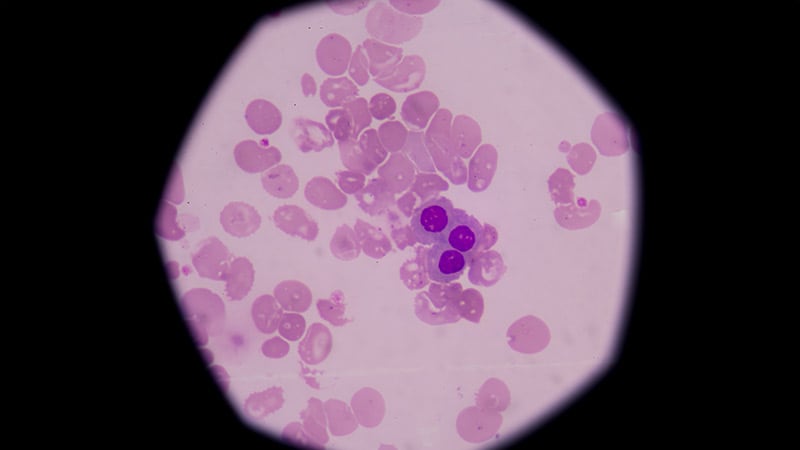
Quick Links
About myMPNteam
Powered By



Many of us myself included have said we noticed changes in our bodies and self and symptoms long before we were actually diagnosed.
This bothers me bc I want and need to know, as do we all.
It’s wrong to go by the date we were diagnosed.
Anyone? Thoughts?🤔
I saw a different hematologist/oncologist in February and March this year, while traveling in the southeast, and they specifically asked about whether my children and other family members were JAK2 positive and/or had an MPN.
Information gathering, is how I took it.
It is quite common to have acquired the MPN long before it is diagnosed. Sometimes you can get an idea of how long this was by a historic review of your CBCs. Note that there is a difference in acquiring the driver mutation and having the disease process manifest. The JAK2 mutation is often acquired in early childhood, sometime in utero. There is a very sophisticated genetic assessment that can determine this that is used in research settings. It also worth noting that some people are positive for the JAk2 mutation but never manifest a MPN. This condition is referred to as Clonal Hematopoiesis of Inderdetmiant Potential (CHIP). People with CHIP do not have a MPN but do have elevated cardiovascular risks. The trigger for the underlying mutation to manifest as a MPN is being researched. It seems likely that it is a combination of aging, genetic and environmental factors.
https://mpn-hub.com/medical-information/whole-g...
https://www.biorxiv.org/content/10.1101/2020.11...
https://www.sanger.ac.uk/news_item/adult-blood-...
https://www.medscape.com/viewarticle/chip-silen...
https://www.ncbi.nlm.nih.gov/pmc/articles/PMC86...




Depending on the type of mutation you have, you can sometimes distinguish between inherited and spontaneous, as well as using VAF % between different testings (it is good to repeat the genetic testing every 5-10 years) to see how stable the allele burden is. VAF >50% at diagnosis, especially if the patient is relatively young, could imply hereditary disease. If the VAF % is increasing a lot between tests, that should also give a hint that the disease is changing. There are also somatic mutations that can contribute to transformation into MF or poorer prognosis.
In my case, I have hereditary ET, and despite having had high levels of thrombocytes for decades, it was ignored. So basically my diagnosis was made in 2020, but I have been having high levels of thrombocytes since late adolescence - early adulthood.
This is the case for many people diagnosed with MPNs. Some were diagnosed when a thrombotic event happened, which means they have been having high values that were ignored for a while.
The "why" question is broken into two parts. Why did I develop the JAK2 mutation? Why did the JAK2 mutation manifest as a MPN? There is evidence that that MPNs can cluster in families, called Familial MPNs. One factor in this appears to be the JAK2 46/1 predisposing haplotype, which can be inherited. It is much more complex than this, however. How the JAK2 mutation ultimately manifests in a specific MPN is driven by an array of other factors. There is active research into this issue, including this recent paper.
https://www.nature.com/articles/s41588-023-01638-x
Steve, good info. I am curious about when I acquired the Jak2 mutation. I was diagnosed when I was 46 years old. I'm now 63 years old. My sister, who is one year older than me, has the Jak2 mutation but does not have an MPN. So, she has CHIP. Why did I get this stupid disease....had a slightly high platelet count when I was 40 years old. I hope my sister does not get an MPN.